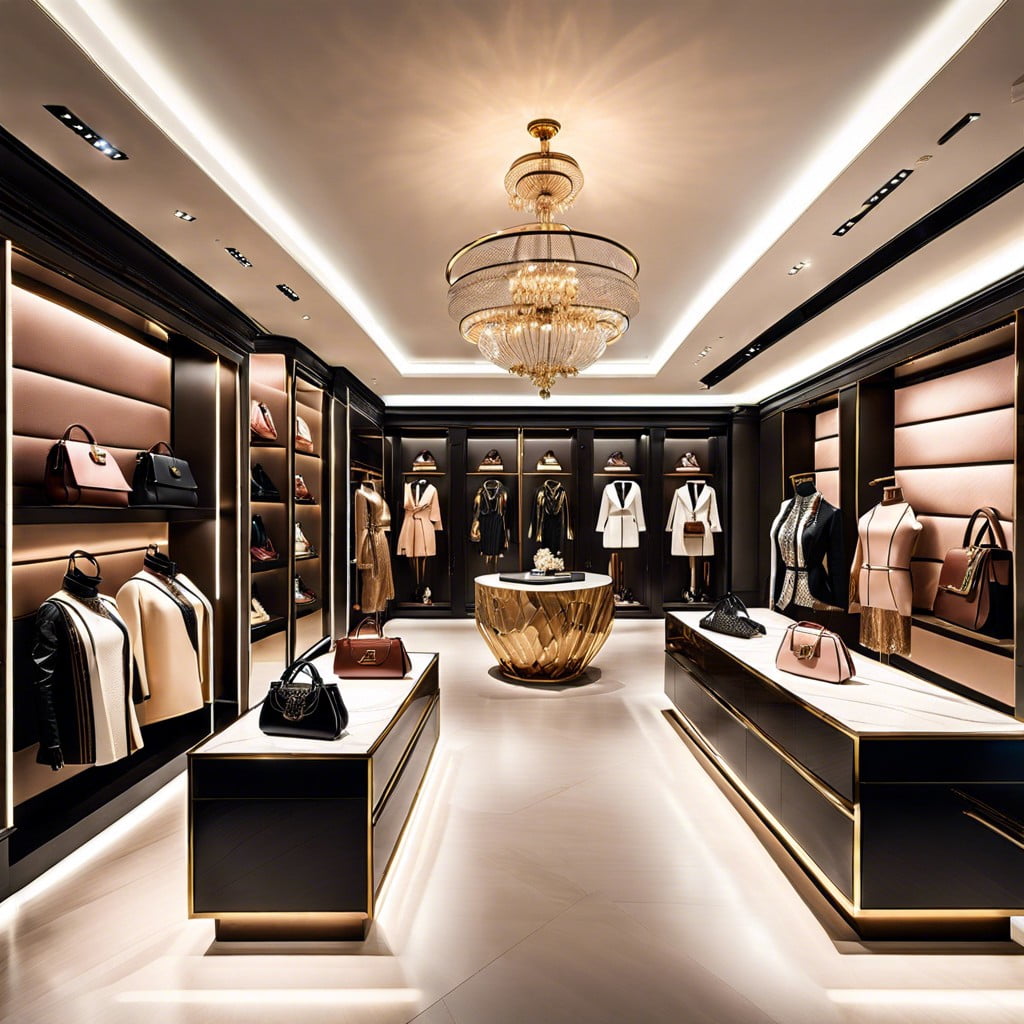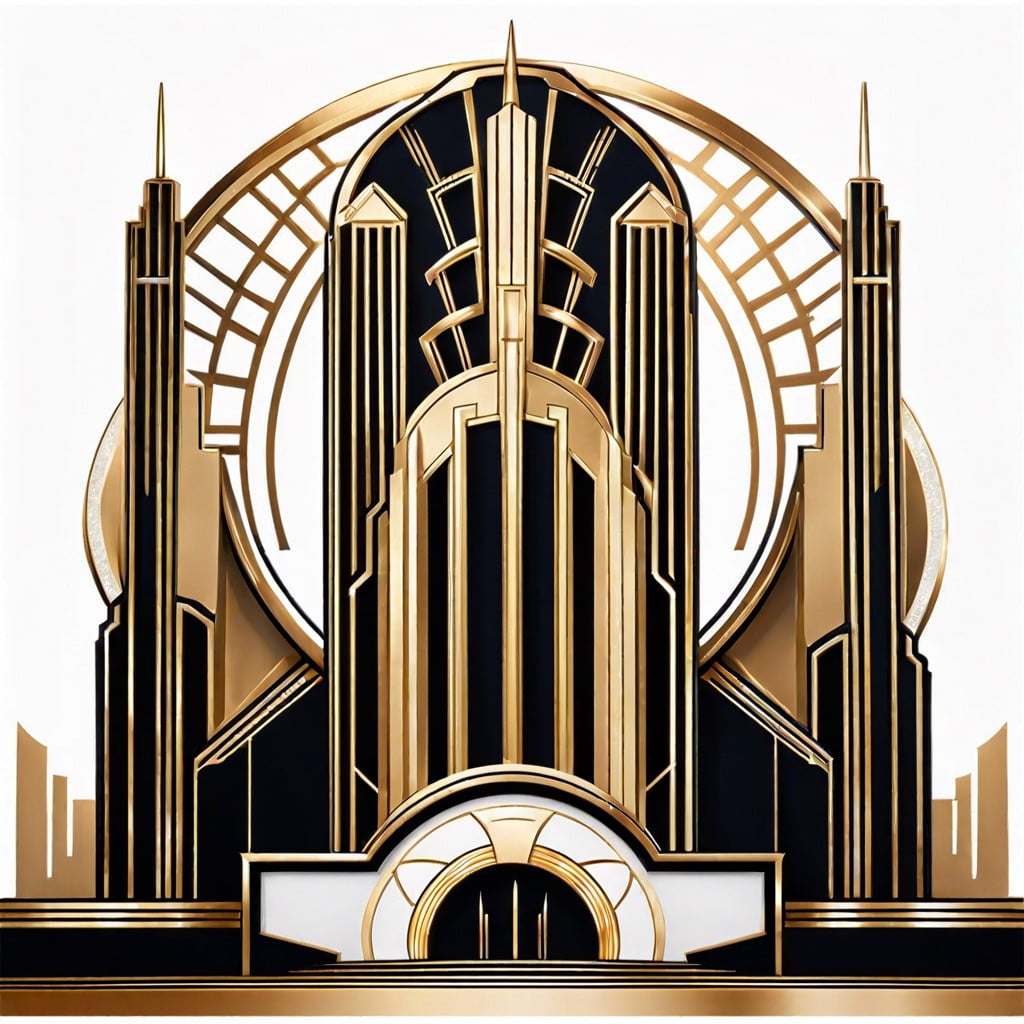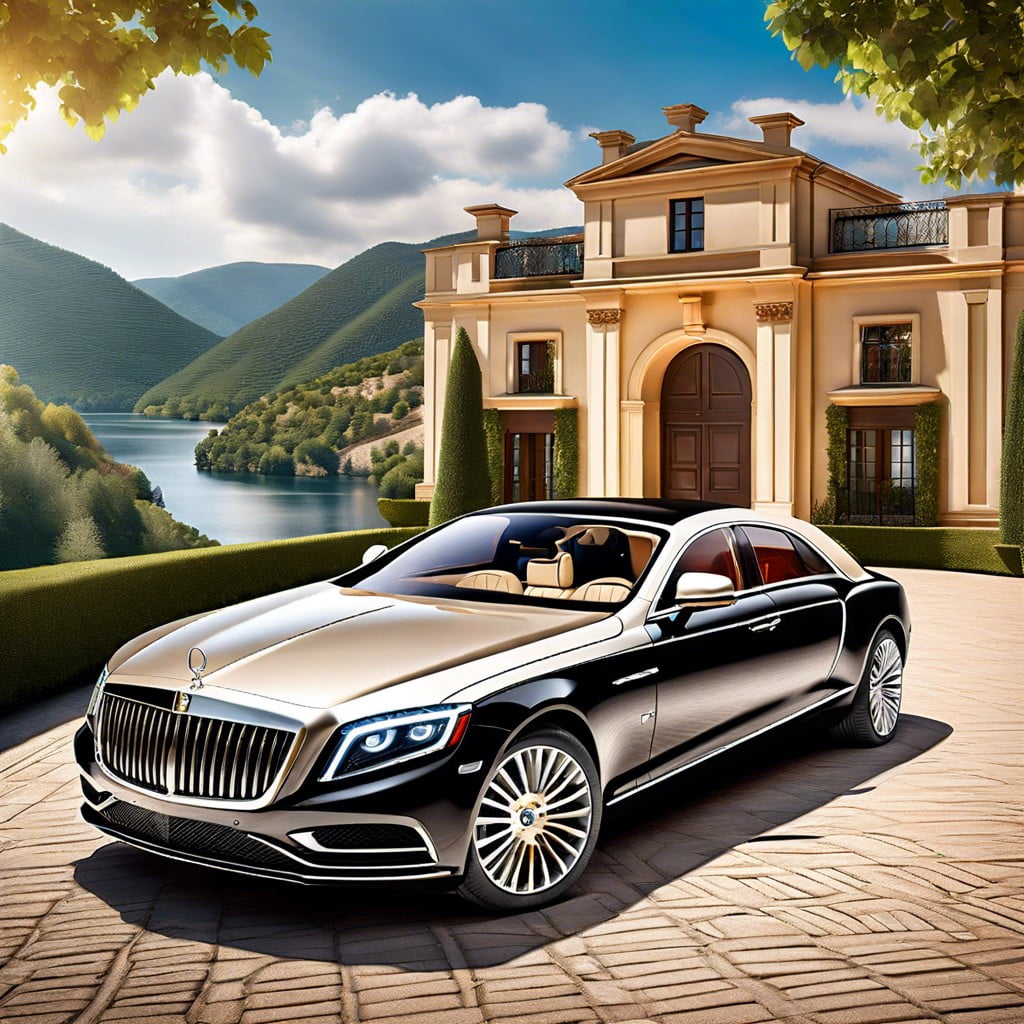Discover the defining traits of luxury brands and how they maintain their allure in the fashion industry.
Key takeaways:
- Luxury brands offer a distinctive lifestyle and emphasize rarity and personalization.
- Craftsmanship is a key element, with attention to detail and high-quality materials.
- Luxury brands are embracing sustainability and innovation in production methods.
- Digital transformation is reshaping luxury retail with personalized online experiences.
- The future of luxury includes personalization, sustainability, digital integration, and immersive experiences.
Defining Luxury Brands

Luxury brands embody exclusivity, offering customers more than just products but a distinctive lifestyle. These brands are characterized by their high price points, which are justified by superior quality, craftsmanship, and a legacy of prestige. The emphasis is on the uniqueness of the experience, personalization options, and a rich heritage that tells a story.
Attention to detail is paramount, with materials often sourced from the finest suppliers and products traditionally handcrafted by skilled artisans. Marketing strategies for luxury brands focus on creating a sense of rarity and desirability, often through limited editions and by being selective with distribution channels to maintain an aura of exclusivity.
Customer service is another critical component, with high-end brands striving to create a seamless, personalized, and intimate shopping experience. After-sales services such as bespoke tailoring, private consultations, and lifelong guarantees reinforce the relationship between the brand and its clientele.
In essence, luxury brands don’t just sell products; they sell experiences and emotions, promising a sense of belonging to an exclusive community.
The Art of Craftsmanship in Luxury Goods
At the heart of luxury goods lies unparalleled craftsmanship. This meticulous attention to detail sets high-end products apart from mass-market offerings. Artisans with years of training and experience handcraft items, often imbuing them with techniques perfected over generations. From the precise stitching on a leather handbag to the delicate settings of stones in fine jewelry, each aspect is attended to with care.
The materials used are equally as important. Luxury brands source premium, often rare materials to ensure quality and exclusivity. Silks, leathers, precious metals, and gems are chosen for their superior characteristics and longevity.
Customization is another hallmark. Bespoke services allow for personalization that reflects the individuality of the consumer. Whether it’s a monogram or a one-of-a-kind design, these personalized touches create a connection between the brand and the buyer.
In essence, craftsmanship in luxury goods is not just about the construction of an item but about the story, heritage, and experience it represents. It promises an investment in an item that holds not just functional, but emotional value.
Innovation and Sustainability in Modern Luxury Brands
Luxury brands are increasingly intertwining innovation with sustainability, recognizing its paramount importance to contemporary consumers. To stay relevant and responsible, they are investing in eco-friendly materials and advanced, sustainable production methods.
Materials such as recycled fabrics, organic cotton, and repurposed items have become central to new collections, signaling a shift towards circular fashion. For example, Stella McCartney has led the way with her commitment to vegetarian leather and organic materials, pushing the envelope on what sustainable luxury can look and feel like.
In terms of production, cutting-edge technologies like 3D printing are being harnessed to reduce waste and increase efficiency. Luxury brands are also adopting a transparent supply chain model, allowing consumers to trace the lifecycle of their purchases and ensuring ethical practices at every stage.
The luxury market is also witnessing the rise of ‘slow fashion’ – a dedication to creating timeless pieces over transient trends. This philosophy not only cultivates exclusivity and preserves artisanal skills but also promotes the longevity of products, subsequently decreasing the industry’s environmental footprint.
Moreover, some brands are championing sustainability through their stores and experiences. Initiatives range from solar-powered boutiques to offering repair services, enhancing the lifespan of luxury goods and underlining the value of a well-crafted investment.
Through these approaches, luxury brands are redefining opulence as not only a testament to quality and design but also to conscience and sustainability.
The Digital Transformation of Luxury Retail
Luxury brands have traditionally relied on the sensory experience of in-store shopping, but the tide is turning. With an increasing number of consumers turning to online platforms for their high-end purchases, luxury retailers are embracing the digital world.
Personalized online services are now augmenting the luxury shopping experience. High-resolution images, detailed product descriptions, and virtual try-on options are replicating the tactile experience of handling luxury goods in person. Brands are providing video consultations and live chats with fashion advisors to offer bespoke guidance typically found in their exclusive boutiques.
Social media platforms have become pivotal in the marketing strategies of luxury brands. Engaging content, from behind-the-scenes footage to influencer collaborations, is creating an emotional connection with younger audiences who value authenticity and storytelling.
E-commerce is not just a sales channel but a brand extension, reflecting the same aesthetic and values as the physical stores. Optimized websites with clean designs and seamless navigation mirror the meticulousness and prestige of luxury retail spaces.
Data analytics is also revolutionizing luxury retail. Brands are leveraging consumer data to anticipate trends, tailor suggestions, and create personalized marketing campaigns. This data-driven approach is enhancing the customer experience, fostering loyalty, and driving sales.
The digital transformation has ushered in an era where convenience and exclusivity coexist, expanding the reach of luxury brands and reshaping the relationship they share with their clientele.
The Future of Luxury: Trends and Predictions
As consumer values shift, luxury brands are adapting, paving the way for a future marked by profound change. Technological advancements and a growing consciousness around social and environmental issues are shaping what luxury will mean for the next generation.
Personalization and exclusivity remain at the forefront, with bespoke experiences and products tailored to individual preferences setting the standard for high-end consumption. Expect to see an increase in made-to-order services, limited edition collections, and collaborations that enhance a sense of uniqueness.
Sustainability is no longer a mere trend but a fundamental trait that luxury brands will need to embed into their identity and supply chains. Ethical sourcing, transparent manufacturing processes, and a move towards circular fashion are predicted to dominate the luxury landscape. These measures cater to the growing cohort of consumers who equate luxury with mindful consumption.
Digital integration continues to revolutionize how we interact with luxury brands. From AR-powered virtual try-ons to blockchain technologies that assure authenticity and traceability, the buying experience is becoming seamlessly immersive and increasingly secure. Brands are investing in digital storytelling to forge deeper connections with their clients and stand out in a competitive market.
Lastly, we can expect luxury to be redefined by experiences that go beyond mere ownership. The convergence of luxury with wellness and travel, for example, offers new dimensions of indulgence, with consumers seeking enriching experiences that encompass both physical and emotional wellbeing.
The luxury sector is evolving, with innovation and thoughtful consideration of the wider world shaping its trajectory. Brands that can balance tradition with modernity, while remaining true to their heritage, are poised to thrive in the luxury market of tomorrow.





